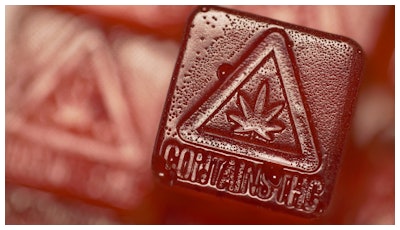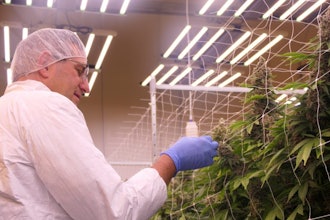
Nebraska Attorney General Mike Hilgers announced his office’s expansion of its fight against synthetic THC by issuing cease & desist letters relating to 82 retail locations and franchised stores in Lincoln, Nebraska.
To date, the Attorney General’s Office has sent cease & desist letters to 204 stores alleging violations of the Consumer Protection Act (Unfairness), Consumer Protection Act (Deception), Uniform Deceptive Trade Practices Act, and Nebraska Pure Food Act.
In 2025, Lancaster County Sheriff’s Office and Nebraska Attorney General’s Office investigators made purchases of products from stores owned by 39 different companies. Each store investigated had at least one product marketed as hemp, which actually had a delta-9 concentration over the legal limit. Officials said over 90 percent of products had labels that incorrectly identified the contents.
The letters issued to the Lincoln stores communicate that many of the THC-containing products their companies sell misrepresent the concentrations and types of THC contained within those products. The letters called the improper labeling "deceptive, unfair and unsafe" and warned that companies selling hemp-derived THC products could lose their tobacco licenses.
The Attorney General’s Office is sending formal letters to each of the stores, requesting they immediately cease all sales of THC-containing products to Nebraska Consumers to avoid litigation. The Attorney General’s Office is demanding that each store return a signed document indicating their Assurance of Voluntary Compliance. If they do not return a signed settlement, then the office will initiate litigation.
“Our office’s testing showed that nearly every one of these products were mislabeled. This industry has shown itself to be completely irresponsible. It operates without regard to the health or safety of Nebraskans by selling these poisonous and mislabeled products into the Capital City,” said Hilgers.






















